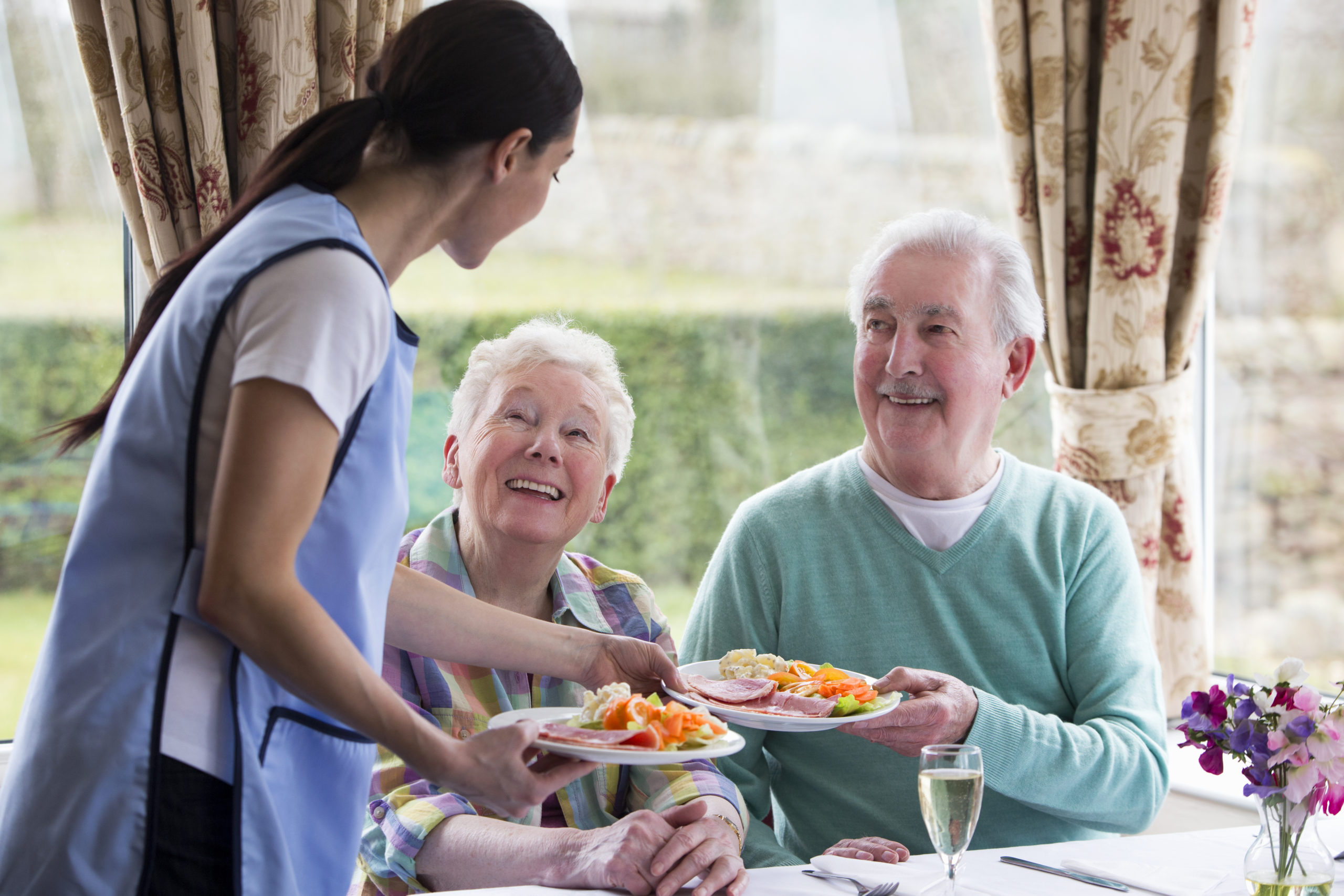Thanksgiving is a holiday that is ideal for families to come together and celebrate traditions that go back centuries. It can also be a difficult time for some families, especially those which have a senior loved one living at home. The stress associated with holidays and all the little details that have to be done just to plan a great meal celebration can sometimes cause excessive stress among family members.
This is particularly true if the senior loved one is suffering from any kind of dementia or Alzheimer’s disease. When seniors begin to lose physical strength and cognitive abilities, it might become necessary to alter your Thanksgiving celebration to accommodate their specific needs. Here are some ideas on just what kinds of alterations you can make to any celebration so that everyone enjoys it, and there’s as little stress as possible.
Don’t let seniors withdraw
For a senior, Thanksgiving, or any holiday for that matter, might be a time when they are reminded of people and events from the past, and what they have lost over the years. It might also remind them that they can’t be a full participant in holiday celebrations, and that can lead to withdrawal and isolation.
If your senior lives at your home, make every effort to include them in holiday activities that they’re capable of enjoying. If your senior parent lives elsewhere, do what you can to ensure that others nearby them include them in whatever activities will be taking place. You should also make a phone call to express your own wish for a Happy Thanksgiving for them. Just showing them that you care is usually enough to keep them involved in the ongoing celebration.
Do what you can to include them
If you have a senior loved one who cannot attend your celebration at home, it’s possible that you might be able to organize a small celebration at whatever facility your parent resides at. Contact administrators at the facility to find out if you can bring in a holiday meal with several guests to spend an hour or two with your senior.
If your parent is still mobile, they might only need transportation to your house in order to participate in the family celebration. Arrange for transportation so that your senior can be part of the festivities and won’t be left out. When they arrive at the house, consider modifying family traditions and routines so that there’s less stress associated, and so that the special needs of your relative can be accommodated.
Be aware of their needs
If your senior loved one is uncomfortable with large gatherings, you may need to modify the celebration somewhat so that they aren’t exposed to a big crowd. If you know the traditions that are most important to your senior, find a way to include them in those activities, or change them so that they can be even more meaningful to your parent.
If there are any tasks or errands that your parent needs to perform at this time of year, plan some time for them so they don’t get overlooked. It’s very important that your senior actually feels like they’re part of the celebration, and not just an outsider looking in. Think of ways to include seniors in as many activities as possible, so they do actually feel like they’re part of the holiday celebration.
Diet needs
In many cases, elderly relatives have a few more dietary restrictions than other family members. They might also have some medical conditions which need to be considered during the course of the holiday. Make sure to have any special foods on hand that are favored by seniors, and if they have certain favorite dishes, try to have these on hand, so they can feel some of the same joy and appreciation that others do. if your senior generally takes a walk each day, be prepared to have at least one person accompany them on a neighborhood walk, so as to maintain their routine and make them feel comfortable about the holiday.
Special socializing
There will automatically be a good deal of socializing when the family gathers around the table for a Thanksgiving meal. Generally, some light banter will develop among family members, making for a lot of fun in addition to having a nutritious meal. If your senior is unable to share in all this friendly and playful interaction, take some time afterward to spend a few moments with them, so they feel involved and have a chance to socialize themselves. You might want to listen to music you know they really appreciate, or go through some old photos and reminisce about past places and events. Anything that draws your senior loved one into the holiday activities will be worth the effort and will make the holiday much more memorable and enjoyable for them.
